We want all owners to develop a true bond with their dogs involving genuine and mutual love and respect.
What’s wrong with puppy or dog training offered by my local pet store?
Pet stores are in the business of selling dog products. Offering training camps and classes is a way for these stores to market and bring in new customers. Classes offered by mega pet stores build you up as a giant treat dispenser to your dog. Most owners find out quickly that this type of training does not end in reliable and consistent results. Think about it, is a retail employee that’s gone through a short commercial training program truly qualified to train your dog?
Tips to finding the best dog trainer for you:
- Google the name of the dog training company or facility. Also be sure to Google the personal name of the dog trainer. Be wary of trainers that are operating under multiple names, particularly if one of those business names has bad reviews or complaints.
- Call the trainer and talk to them directly. Get a feel for what their training philosophy is and why they are in the business of training dogs.
- Get a list of references from the trainer. These should be recent and true clients, not associates or personal friends of the trainer. Call at least 2 or 3 of these references. You’d do the same finding a babysitter for a child, wouldn’t you?
- Avoid most trainers that offer a free consultation or evaluation. These are trainers or companies that are either very inexperienced or they will try to pressure you into a contract (bait and switch) during their visit. Experienced trainers typically charge for a dog evaluation because it involves them coming out to your home, working with you and your dog personally, and leaving you with valuable instructions/tips whether or not you choose to purchase a training package.
- The trainer must have a demonstration dog and you should be wow’ed by how well it’s trained. The demo dog is a direct example of the trainer’s ability.
- Avoid trainers that focus on dominance reduction as a way to train dogs. This method has been made popular from a certain TV dog trainer, which makes for an entertaining TV show but it’s definitely not healthy or reliable training. The same goes for treat or clicker training.
- If you have a difficult or aggressive dog, a truly talented trainer should never label your dog as a “lost cause” or suggest your dog be medicated to solve a problem. The trainer should be versatile and able to use a variety of techniques to solve a wide range of dog problems.
- Most trainers will advertise a warranty of guarantee on their training. Ask the trainer to explain in detail what this means and see if you can find evidence (reviews, testimonials, calling references) of them really living up to their promises.

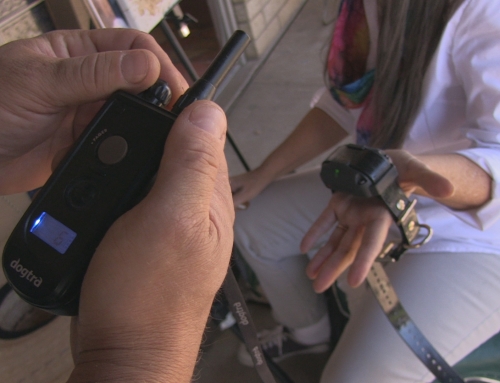
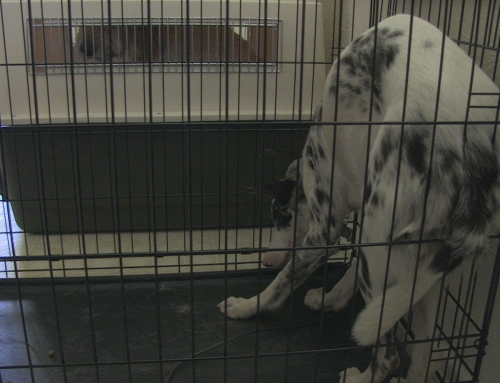
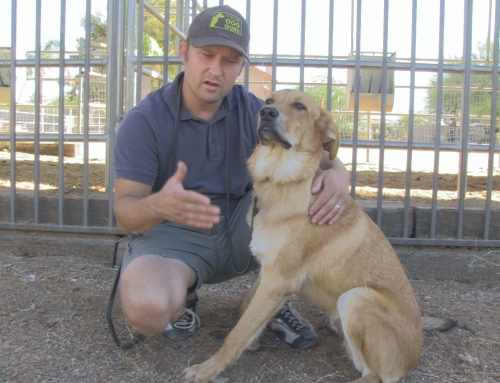
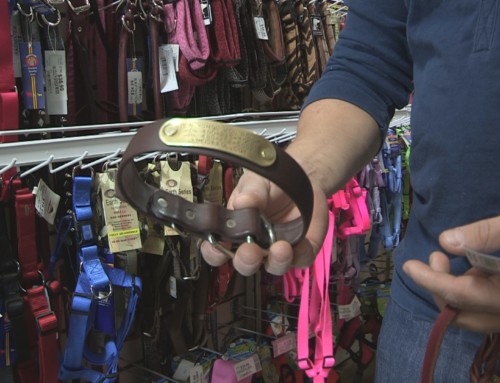
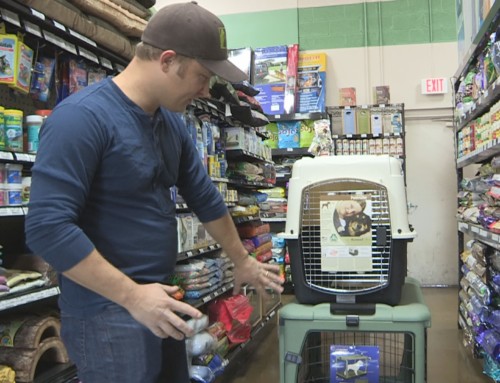
I’ve been thinking about getting a dog for a long time, and I think I finally have my husband convinced that we should do it. I really like your tip about talking to trainers directly and getting a feel for their training philosophies. I would definitely want to do that before I trust someone to train my dog. This post was really helpful. Thank you!
I do like that you encourage readers to call the trainer and talk to them directly. After all, when you’re choosing a dog trainer you want to make sure that they will be a good fit for your dog. It might help to ask them about experience and what kind of dogs they’ve trained in the past.
Great post! I am a dog trainer and this information has been helpful for the specific requests of one of my clients. Glad to see this kind of good info is widely available on the web!! Thank You!!
I do like that the article brings up the importance of the demonstration dog. After all, you will want the trainer to be able to prove that they can actually train dogs. Because of that, you will want them to have a dog that they can show you their training with.
I like your idea of getting a list of references from past clients of the trainer. That would help you see how well they did in the past and what specifically the trainer is good at. We are trying to get our new dog trained because he has a real problem with going to the bathroom inside the house. We’ll have to look at references for each trainer so we can find one that is good at potty training.
My husband and I are going to get a dog soon, and we want to ensure that it gets really high-quality training so that it can settle well into our home and our rules. Your tips for finding the best will be extremely helpful, especially your tips on avoiding trainers that focus on dominance, and I agree that we want a dog who isn’t as high strung and more relaxed around us rather than always on alert. Asking in detail about the warranties will be important as well, for sure, and we’ll be sure to remember that when we ask around.
I never thought to Google the name of the dog training service that I’m thinking of going to. Personally, I think talking to them directly will work just fine. I’ll still get references from them so that I can be sure that they’re experienced and trained to work with difficult pups like mine.
Great Post, I read all the tips and found it very interesting and have a lot of vital information.
I wanted to thank you for this advice for finding a good dog trainer. I didn’t know that a trainer should have demonstration dog to show you how well it’s trained. I’m interested to learn if the demonstration dog should be a similar breed as your’s, in case some breeds should be trained differently.
Hi Taylor, no it’s not important for a trainer’s demo dog to be similar to your own dog’s breed. Any dog can be trained and has the potential to be amazing with the right training.
Best trainers must have a good reputation, a good friend (word of mouth) and see reviews from others. There are a lot of dog trainers that aren’t fit for the profession. I had been a victim before, so if you treat your dog as a family, then find the best trainer that treats your dog as one.
One of my friends just got a dog, and he is looking for a trainer. I agree that one should avoid trainers that focus on dominance. I’ll suggest him getting a list of references from past clients of the trainer.
I like the tip you gave on avoiding trainers that use dominance reduction as a method to train a dog. Dog owners should keep this in mind so that the trainer they hire doesn’t mistreat their dog. Thanks for the helpful advice!
I thought that it was helpful when you suggested to look for a trainer who will offer a free consultation. We want to get our puppy trained as soon as possible. I will be sure to get a consultation to help us choose a trainer.
I recently adopted a dog and I was thinking about hiring a trainer and you article really was actually very helpful. Thank you!